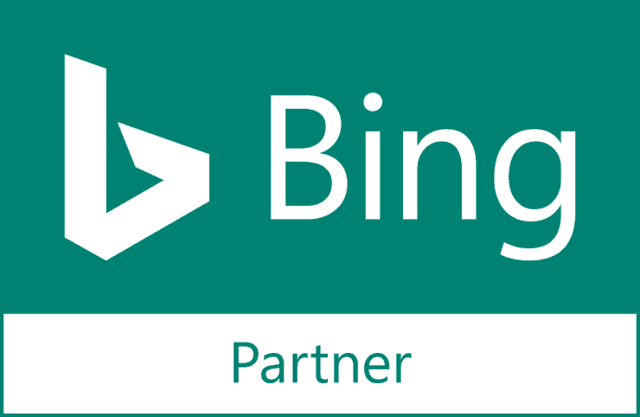In the digital world, Search Engine Optimization (SEO) and Pay-per-Click (PPC) advertising are two of the most popular strategies businesses use to increase their online visibility.
As a business owner, you need to understand what’s at stake in an SEO vs PPC situation, so as to make an informed decision about which one (or both) is best for your business.
In this article, we’ll explore the key differences between SEO and PPC, their respective advantages and disadvantages, and how they can work together to maximize your online presence.
Difference Between SEO and PPC
· SEO
Search Engine Optimization (SEO) is the process of improving a website’s visibility in Search Engine Results Pages (SERPs) by optimizing its content, structure, and other on-page and off-page factors.
The goal of SEO is to increase the website’s organic traffic by ranking higher in SERPs for relevant keywords. UniK SEO Portugal is a prime example of an SEO agency in Lisbon that can help businesses improve their online visibility through Search Engine Optimization.
· PPC
Pay-per-Click (PPC) is an online advertising model where advertisers pay a fee each time their ad is clicked. The most common type of PPC is search engine advertising, where advertisers bid for ad placement in sponsored links on SERPs for specific keywords.
Businesses looking for PPC services can check out UniK SEO’s offerings to help them increase their online visibility.
Pros and Cons of SEO
· Pros
Long-term results
With proper optimization and maintenance, SEO can bring long-lasting results that can continue to drive traffic to your website even after you stop investing in it.
Cost-effective
SEO can be a more cost-effective strategy compared to PPC, as it does not require you to pay for each click.
Builds trust and credibility
A high-ranking website is often perceived as more trustworthy and credible by users, which can lead to increased brand recognition and customer loyalty.
· Cons
Time-consuming
SEO can take a significant amount of time to show results, as it involves continuous optimization and monitoring.
Algorithm changes
Search engine algorithms change frequently, and businesses need to adapt their SEO strategies accordingly, in order to maintain high rankings.
No guaranteed results
Even with expert SEO services, there’s no guarantee that your website will rank on the first page of SERPs for all targeted keywords.
Pros and Cons of PPC
· Pros
Immediate results
Unlike SEO, PPC can provide immediate results by placing your ads at the top of SERPs, driving traffic to your website as soon as your campaign is launched.
Targeted advertising
PPC allows you to target specific keywords, demographics, and geographic locations, ensuring your ads reach your desired audience.
Easy to measure and adjust
With PPC, you can track the performance of your ads in real-time and make adjustments as needed, so as to optimize your campaign.
· Cons
Costs can add up
PPC can become expensive, especially in competitive industries where the cost-per-click is high.
Limited long-term benefits
Once you stop investing in PPC, your ads will no longer appear on SERPs, and the traffic they were driving will likely decrease.
Ad blindness
Some users may ignore sponsored ads, focusing instead on organic search results.
How SEO and PPC Work Together
And so, while both SEO and PPC clearly have their advantages and disadvantages, the best approach for most businesses is to integrate them into a comprehensive digital marketing strategy.
Here’s how SEO and PPC can work together to maximize your online presence:
· Increase Overall Visibility
Combining SEO and PPC efforts allows you to dominate both organic and paid search results, making your brand more visible to potential customers.
· Test Keywords and Strategies
PPC can be used to quickly test the effectiveness of specific keywords and ad copy, providing valuable insights that can be applied to your long-term SEO strategy.
· Improve Click-Through Rates (CTR)
By using both organic and paid listings, you can increase the chances of users clicking on your website, thus improving overall CTR and driving more traffic.
· Retargeting
PPC can be used to retarget users who have visited your website through organic search, reminding them of your brand and increasing the likelihood of conversion.
· Cover Gaps in Organic Search
While your website might not rank well for all targeted keywords, PPC can help you target those specific keywords and ensure your ads appear when users search for them.
In Conclusion
To make the most of your digital marketing efforts, consider working with a professional SEO agency in Lisbon like UniK SEO Portugal.
By combining SEO and PPC services, you can optimize your online presence, increase brand awareness, and drive more traffic to your website, ultimately leading to more conversions and business growth.
You see, understanding the differences between SEO and PPC, their pros and cons, and how they can work together is essential for any business looking to improve its online visibility.
Integrating both strategies into your digital marketing efforts can maximize your online presence and ensure the long-term success of your business.



